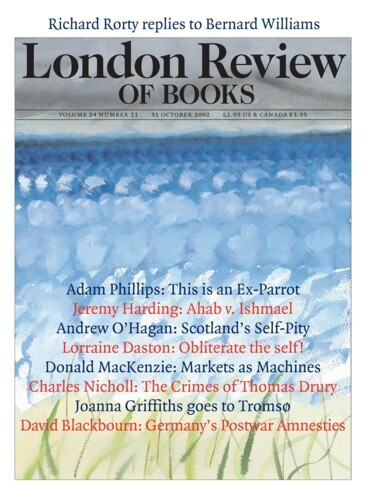It was hidden in her and it gave Kant pleasure.
L’Eclisse begins with a wind blowing Monica Vitti’s hair. She is inside a room.
Kant’s was a partly negative pleasure.
Where is that wind from?
Kant took pleasure in what he called Thing In Itself.
She is prowling the room with her eyes down, observed deeply by a man in an armchair.
Thing In Itself was unattainable, insurmountable.
She keeps trying to leave the room.
Nor could Thing In Itself be represented.
Curtains are drawn, the room is full of objects, lamps are burning here and there, who
knows what hour of the night it may be? Her hair blows slowly.
Yet through the very failure of its representation, Thing In Itself might be
inscribed within phenomena.
She lifts a piece of paper, puts it down.
Kant noted a rustling aside of sensible barriers.
Her unquiet drifts in her, spills, drifts on.
A rotating fan is shown sitting on the table beside the man in the armchair.
Kant felt weak as a wave.
Now she can leave. The surface of the movie relaxes.
Kant let his soul expand.
She walks out into the filthy daylight.
Kant pulled his hat down firmly.
She is a little ashamed but glad to be walking.
Glad to be facing this more difficult dawn.
Send Letters To:
The Editor
London Review of Books,
28 Little Russell Street
London, WC1A 2HN
letters@lrb.co.uk
Please include name, address, and a telephone number.

